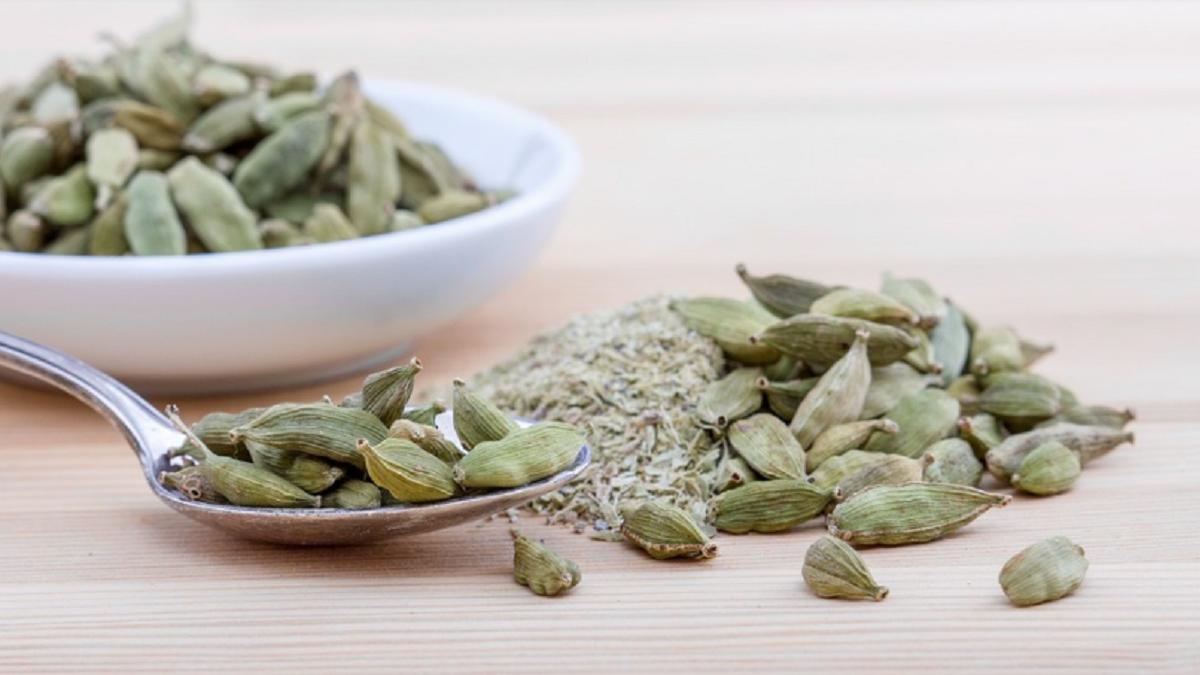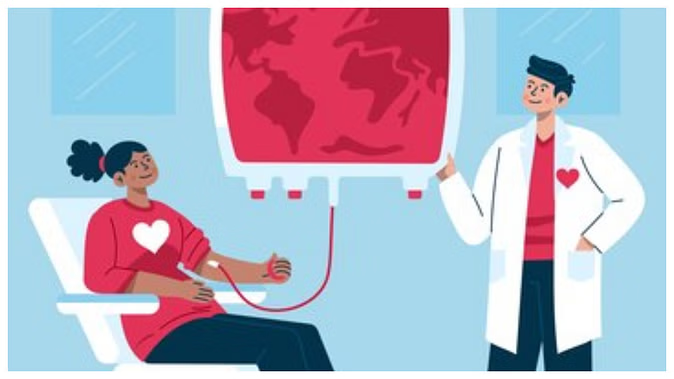
Constipation in pregnancy: Some of the most common concerns during pregnancy are gastrointestinal problems where some women may start having gastrointestinal problems after delivery and these problems can affect the liver, gallbladder, pancreas and other organs apart from the digestive system. Can. Some women may have pre-existing gastrointestinal conditions which may worsen during pregnancy and require special attention. 16 to 39 per cent of pregnant women have constipation at some point. Constipation is most likely to occur in the third trimester because the baby in the stomach is putting maximum pressure on your intestine. Although constipation can occur during any of the three trimesters or you may experience constipation for three months.
Causes of constipation in pregnancy
According to experts, constipation in the first trimester of pregnancy is usually caused by high progesterone levels, low fluid intake due to nausea and vomiting, and eating less food. During the second trimester of pregnancy, your developing fetus experiences many important changes. You can start feeling the kicking and movement of the foetus. Your morning sickness starts reducing. Your body changes rapidly as your baby grows. These changes can result in digestive issues including constipation, gas and heartburn.
How to avoid the problem of constipation during pregnancy?
Excess intake of iron during pregnancy can be the reason for your constipation. To reduce the symptoms of constipation in pregnancy, follow the suggestions given below.
8 glasses of water should be drunk daily.
Increase fibre intake gradually. You should consume 28 grams of fibre daily.
Include potatoes, sweet potatoes, broccoli and carrots in the diet.
Include pears, figs, strawberries, apples, bananas and oranges in the diet plan.
Exercise daily for at least 30 minutes to activate your digestive system and encourage specific bowel movements.










